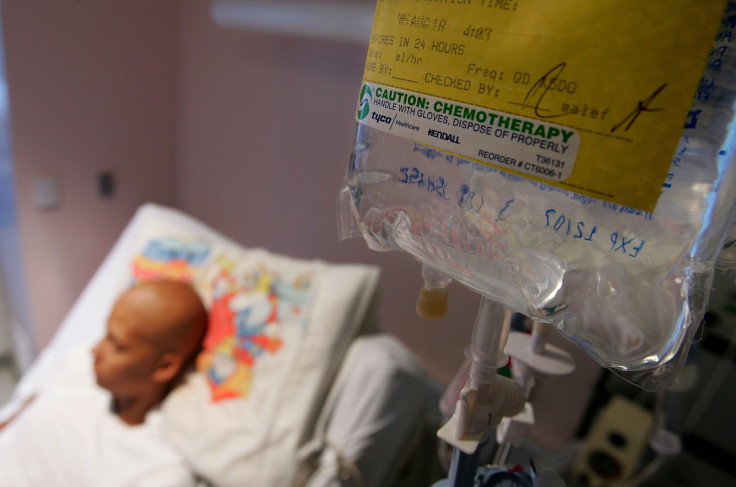Investigational Drugs Appear Promising In Treating Bone Loss In Cancer Patients
KEY POINTS
- 70% of all cancer patients suffer bone loss
- Bone loss leads to high rates of morbidity & mortality
- New investigational drugs appear promising in treating bone loss in cancer patients
Cancer patients receiving radiation, hormonal therapy, and chemotherapy suffer bone loss, which can lead to fractures and osteoporosis. Bone loss can occur as a result of cancer itself -- its metastases as well. It is a major concern for cancer patients since bone diseases cause high rates of mortality and morbidity.
The estrogen hormone plays a vital role in maintaining bone health and bone loss is typically more pronounced among postmenopausal women suffering from breast cancer whose treatment involves eliminating estrogen. But, since men and children undergoing cancer treatment also suffer bone loss, it indicates that eliminating estrogen isn’t the only trigger to bone degeneration.
The researchers from the Washington University School of Medicine, St. Louis discovered what drives bone loss pertaining to cancer therapies. The findings of their research indicated that radiation and chemotherapy can halt cell division in the bone resulting in a stress response called senescence.
They reported that cell senescence drives bone degeneration in female mice models due to other factors other than estrogen absence. They further investigated and found that bone loss occurs in both the genders and is also independent of the type of cancers one suffers from.
The important part of the research is finding a way to combat this bone loss among cancer patients. They have listed a couple of investigational drugs that are currently evaluated under clinical trials.
"Researchers have understood that this bone loss has to be due to more than just hormone loss," Science Codex quoted the study’s senior author Sheila A. Stewart, Ph.D., a professor of cell biology & physiology. "Cancer patients who receive chemotherapy and radiation lose a lot more bone than women with breast cancer treated with aromatase inhibitors, which eliminate estrogen. And children who have not yet gone through puberty, and aren't making much estrogen, also lose bone. We wanted to understand what causes bone loss beyond a lack of estrogen and whether we can do anything to stop it," she added.
The potential inhibitors identified by these researchers are extremely low in toxicity and they are interested in pursuing a clinical trial to evaluate these drugs in women suffering from metastatic breast cancer.

© Copyright IBTimes 2025. All rights reserved.






















